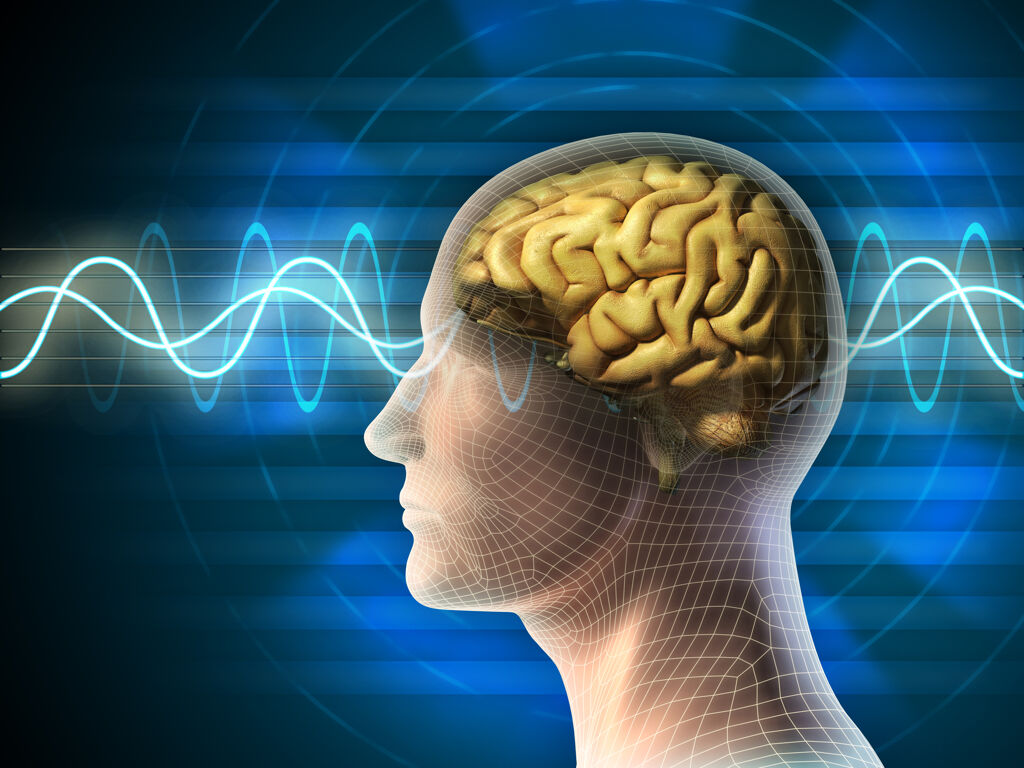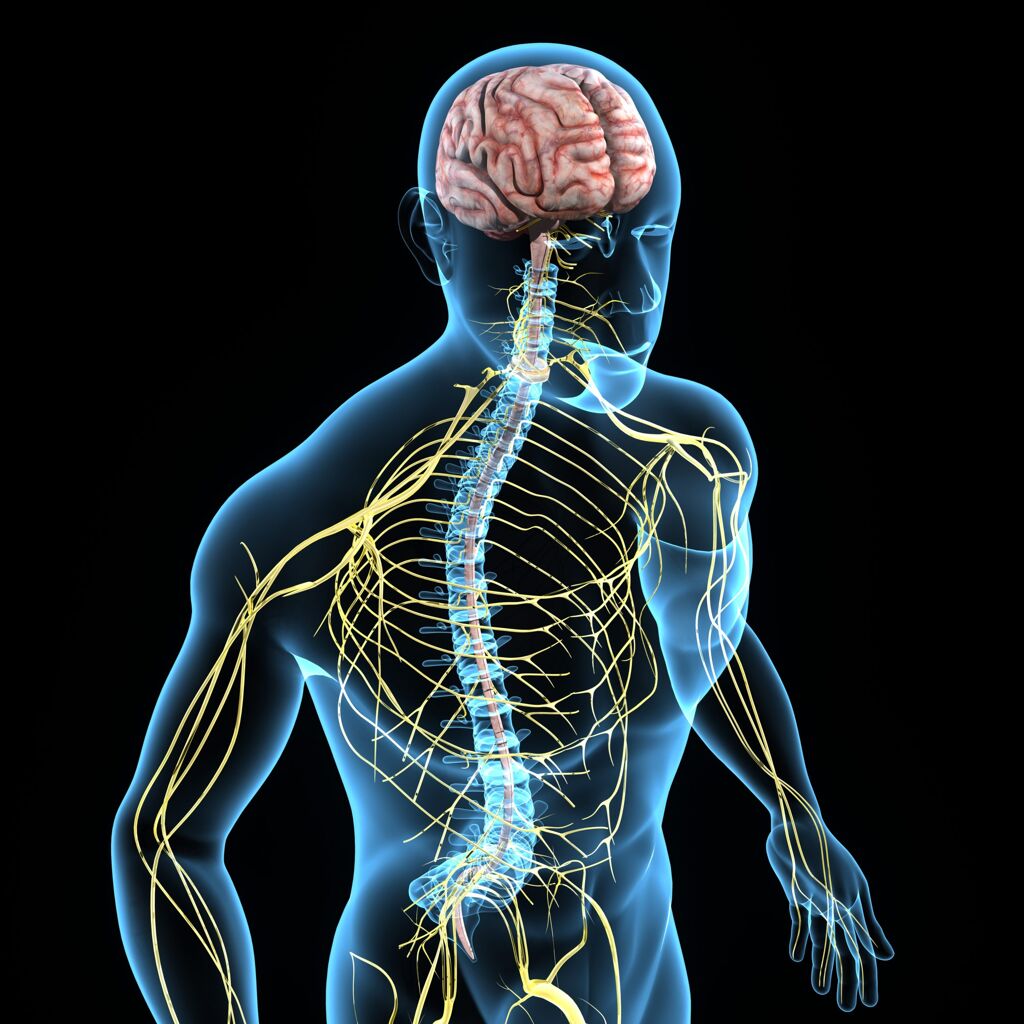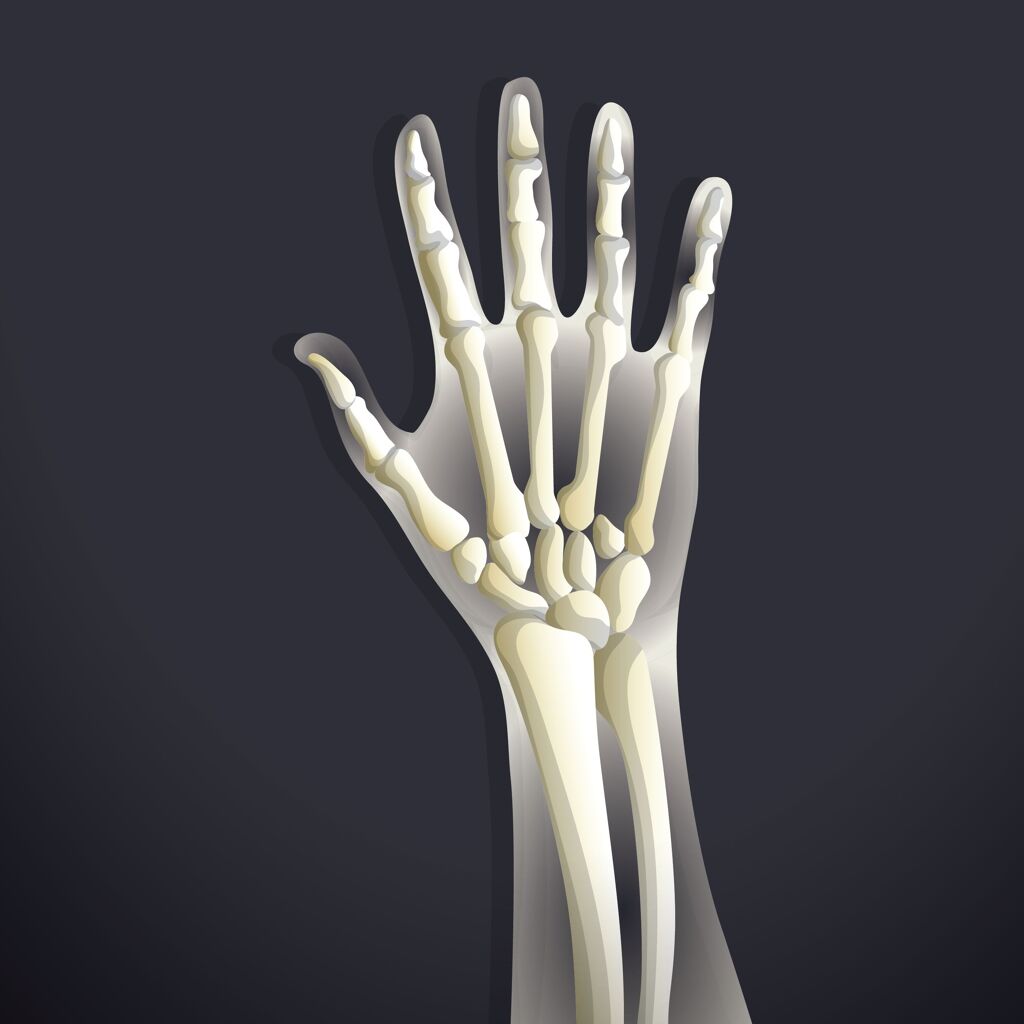Can Meditation Boost Cognition?

Cognition inevitably declines with age. It’s an unfortunate fact of life. To combat this decline, we can use epigenetic lifestyle factors. Diet, exercise, and mindfulness meditation are all ways we recommend to maintain and even improve your brain health.
Read on for the details about mindfulness meditation and how you can harness this simple lifestyle habit to ensure a healthy brain and good cognitive abilities as you age!
WHAT IS MEDITATION?
Meditation is a practice that helps to train and enhance attention and awareness. It uses techniques such as mindfulness, focusing the mind on a particular object, thought or activity. The goal is to achieve a mentally clear, emotionally calm and stable state.
In mindfulness mediation, the intention is to bring attention to the experience of the present moment without judgement. Thoughts and feelings are observed and acknowledged as they arise. This is done without judgement rather than trying to ignore them. The key benefit is that the meditator can detach from difficult thoughts and feelings to gain insight, awareness and compassion.
Meditation is thought to have existed ever since humans learned to control and domesticate fire (Afonso RF, 2020). Evidence of controlling fire dates back to between 300,000- 400,000 to 1 million years ago. Traces of campfires have been found that far back in time. The first experiences of meditation and altered consciousness states are thought to have been while living in caves, sitting around fires and watching the flames (Afonso RF, 2020).
Meditation has a spiritual context and is part of various rituals in different religions such as Buddhism, Hinduism and Christianity and others.
TYPES OF MEDITATION
Mindfulness meditation strives for observation and non-judgment of thoughts. Mindfulness mediation helps the meditator to live daily life in a non-reactive manner. Mindfulness practice can take many forms, including guided meditation, mindful breathing, mindful movement or moving meditation, mindful eating and progressive body scan meditation.
GENERAL BENEFITS OF MEDITATION
Mediation can improve the overall quality of life. The many health benefits of meditation include (Bremer B, 2022):
- Reduced depression and anxiety
- Reduced stress
- Improved focus and concentration
- Improved immune system
- Improved cardiovascular health
- Decreased chronic pain
- Improved sleep quality and quantity
- Increased ability to recognize and label emotions
- Increased ability to be in the present moment
- Improved self-awareness
Many physiological changes take place with a regular meditation practice:
- Increased cerebral blood flow
- Reductions in metabolic activity, heart and respiratory rates
- Reduced blood pressure
- Reduced muscle tension
HOW DOES MEDITATION IMPROVE THE BRAIN & COGNITION?
Meditation can protect the brain against aging (Afonso RF, 2020). It reduces age-related brain degeneration and improves cognitive function (Afonso RF, 2020). The cognitive benefits include improved attention, working memory, spatial abilities, long-term memory and other executive functions (Golubickis M, 2024).
Acquiring new skills improves brain structure and cognition (Afonso RF, 2020). Learning to meditate is like learning a new skill, such as juggling or a foreign language, which is very good for cognition.
Meditation changes brain structure and function, improving cognition. Research shows that meditation can measurably affect different areas of the brain (Afonso RF, 2020). These include:
Grey matter: Grey matter is associated with better cognitive function. It is important for muscle control, sensory perception, emotions, memory, speech, seeing, hearing and decision making. A reduction in grey matter can lead to worse cognitive functioning and happens with Alzheimer’s disease, dementia and other neurological problems. Less grey matter reduces motor function issues like fine motor skills. The decrease in motor function can lead to uncontrollable shaking seen in Parkinson’s Disease (Afonso RF, 2020).
Consistent mindfulness meditation increases grey matter density in the hippocampus and other regions of the brain (Afonso RF, 2020). Increased density helps cognitive processing (Afonso RF, 2020). In a comparison of 50 people who meditated for years and 50 who did not, people in both groups showed a loss of grey matter as they aged (Afonso RF, 2020). But grey matter volume did not decline as much in the people who meditated versus in the people who did not meditate (Afonso RF, 2020).
The prefrontal cortex: This part of the brain is responsible for decision making. It regulates thoughts, actions and emotions through extensive connections with other brain regions. Intelligence and intellectual ability depend on brain structure, including the thickness of the cerebral cortex. It is positively associated with cortical thickness. Cortical thinning can lead to cognitive deterioration (Afonso RF, 2020).
Aging causes cortical thinning and general brain atrophy which happens unequally across the brain. A fast rate of cortical thinning is seen in dementia and many neurological/ neurodegenerative conditions (Afonso RF, 2020).
MRI tests show that meditation can induce thickening of the cortex (Afonso RF, 2020). In research, cortical thickness is significantly increased in meditation practitioners compared to people who do not meditate (Afonso RF, 2020).
The amygdala: Emotional response, fear, anxiety, anger, pleasure and stress are centered in and controlled by the amygdala. These emotional responses drive behavior and behavioral responses. Reducing the size of the amygdala is associated with less stress (Gotink RA, 2018). Meditation decreases the amygdala (Hölzel BK, 2011).
Consistent meditation can shrink the amygdala, thereby reducing stress (Gotink RA, 2018). Meditation and yoga participants exhibit a smaller amygdala and report feeling less stressed (Gotink RA, 2018) and (Hölzel BK, 2011).
The hippocampus: The hippocampus is responsible for learning and memory. Meditation increases the size of hippocampus (Lardone A, 2018). With long-term meditation, meditators show greater grey matter concentration and a larger hippocampus as compared to non-meditators (Lardone A, 2018). In addition, the connectivity of the hippocampus increases during meditation (Lardone A, 2018). This indicates that meditation can affect memories (Lardone A, 2018)
Neuroplasticity: We talked about neuroplasticity in our last blog on exercise & cognition. Neuroplasticity is the ability of neurons in the brain to modify the strength of their connections. It is critical for regulating the flow of information within neuronal connections and for learning and memory.
Neuroplasticity is required for high-level cognitive function (Key MN, 2023). Anything that boosts neuroplasticity promotes better communication between neurons in the brain and is good for cognition.
Reduced neuroplasticity is partly responsible for age related cognitive decline (Miranda M, 2019).
Changes in brain structure caused by meditation leads to changes and increases in neuroplasticity (Afonso RF, 2020). Neuroimaging tests show increases in neuroplasticity both during meditation and in the resting state (Lardone A, 2018). Consistent meditation increases neuroplasticity, reduces age-related brain degeneration and improves cognitive function (Lardone A, 2018).
Networks in the brain: There is a system of connected brain areas called the default mode network of the brain. This system involves processing reward, motivation, emotion, pain, high-level cognitive tasks, active tasks, external thinking and working memory (Bremer B, 2022).
A regular meditative practice is associated with a long-lasting change in the default mode network of the brain, suggesting that meditation can induce brain plasticity (Lardone A, 2018). In an EEG study, meditation increased and enhanced brain network integration and connectivity between networks in the brain. The right hippocampus in meditators becomes more connected to the rest of the brain network which improves cognition (Afonso RF, 2020).
One month of mindfulness meditation practice improves the functional organization of large-scale brain networks in people who have never meditated (Bremer B, 2022).
To Read About Blog Topic, Scroll Down
Want To Work With Our Clinic?
Do you have a chronic or mystery illness that no one has been able to help you with? Are you simply wanting to re-connect with a healthier version of yourself? It’s Time To Finally Feel Better!
HOW MUCH DO YOU HAVE TO MEDITATE TO GET THE COGNITIVE BENEFITS?
A short daily meditation practice can have significant benefits in non-experienced meditators (Basso JC, 2019). In fact, a short practice can have similar effects as longer duration and higher-intensity mediation practices (Basso JC, 2019).
One study found that a daily 13-min meditation for 8 weeks led to decreased negative mood states, decreases in mood disturbances, less anxiety and fatigue and enhanced attention, working memory and recognition memory (Basso JC, 2019).
Anecdotal evidence says that meditating for 10-20 minutes a day boosts memory and concentration. There doesn’t seem to be a set magic number. What is more important is a consistent practice.
Practicing meditation over the long term is what can make these positive changes in the brain and improve cognition. As with exercise, it is never too late to get started. Incorporating a daily mediation practice today and continuing with it for the long term will improve cognition and delay the cognitive decline seen with age.
HOW CAN YOU EASILY ADD MEDITATION INTO YOUR LIFE?
Mediation can seem like a daunting or time-consuming thing to add to an already busy schedule. But there are ways to add it in that will not take up too much time.
- Start small with just breathing, which is a basic form of meditation. Focus on breathing deeply with each inhale and exhale.
- If your mind wanders, don’t get stressed. That’s normal. Just bring the focus back to the breath.
- Start with guided meditations on the different meditation apps. Try the free apps like Insight Timer, Calm, Headspace or UCLA Mindful. For an in-person experience, try a meditation class. Yoga studios or other locations offer meditation classes.
- Make meditation a daily practice and do it as soon as you wake up. Meditate while sitting in bed at the start to the day. A 10-minute meditation every day in the morning can provide the benefits we’ve talked about.
- Moving meditation is another option and includes yoga, tai chi or qi gong. Try walking mediation through nature or forest bathing, as practiced in Japan.
- Yoga practice that includes meditative postural exercises is good for memory, executive function, attention and processing speed (Key MN, 2023). It improves brain structure, function and cerebral blood flow. Yoga benefits the structure and function of the hippocampus, amygdala, prefrontal cortex and brain networks. Yoga can lessen age-related neurodegenerative decline (Key MN, 2023).
- Tai Chi benefits older adults’ cognition and brain function. It can help global cognition in older people suffering from cognitive impairment. Tai Chi can improve brain structure by increasing brain volume, improving neural activity and increasing neural connectivity in different brain regions. The longer Tai Chi is practiced, the more these brain regions are changed and improved (Key MN, 2023).
SUMMARY
- Mindfulness meditation is the intentional self-regulation of attention from moment to moment.
- The benefits of a consistent meditation practice include stress reduction, better focus and concentration, improved immune system and cardiovascular health, decreased chronic pain, improved mental health and better sleep.
- Meditation is also extremely beneficial for cognition.
- Meditation changes brain structure in ways that improve cognition. These include increasing grey matter density, increasing hippocampus size, increasing neuroplasticity, enhancing brain network connections and others.
- Embracing a consistent daily mindfulness meditation practice for the long term will bring cognitive benefits and combat cognitive decline that comes with aging.
- Meditate for a short time every morning. Use the free apps for guided meditations or try moving meditation types of mindfulness movement.
** Follow us for our next Blog on the Functional Medicine approach to Optimizing your Health **
As always, please get in touch with us. If you or someone you know is struggling with cognitive decline, stress and other health issues, contact our clinic today. We can work on any issue(s) and improve your health. Book a free health evaluation call with us today, to see how we can help you with your concerns. We can answer your questions and help you book an initial consult with one of the functional medicine doctors in our clinic.










